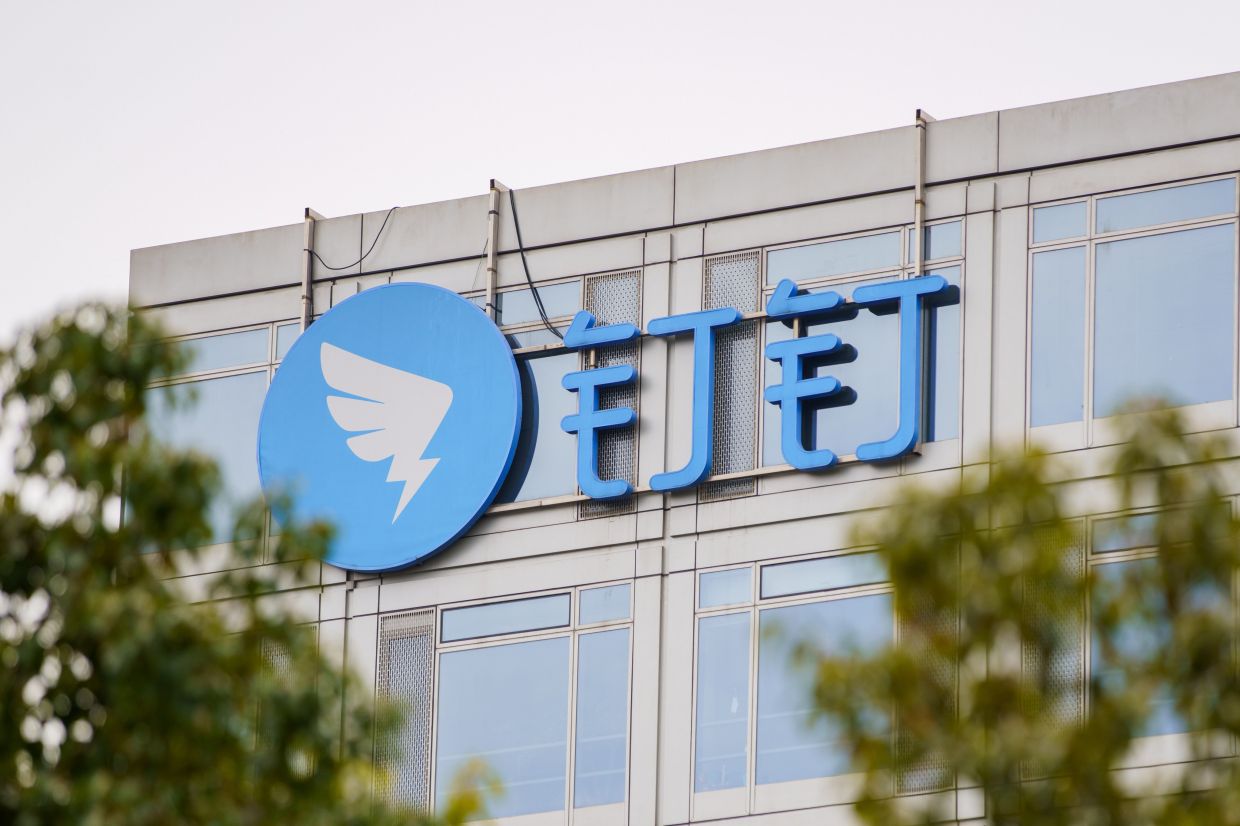The Rise of AI Technology: Innovations Transforming Everyday Life
Author: Tech Observer

In recent years, artificial intelligence (AI) has rapidly evolved, influencing multiple facets of modern life from healthcare to personal finance management. Major tech companies are leading this transformation, continuously developing smarter tools that cater to both personal and professional spheres. One intriguing innovation comes from Alibaba's DingTalk, which has unveiled a credit card-sized AI recorder. This device leverages extensive training data gathered from over 100 million hours of audio content to enhance its transcription capabilities.
This new gadget aligns with a growing trend of integrating AI into everyday tools, making them not only more efficient but also smarter. Users can record conversations, meetings, or ideas on-the-go and rely on the device to generate accurate transcriptions, which are essential for busy professionals striving to maximize productivity. The potential applications of such technology span across various sectors, including education, business meetings, and even personal use, emphasizing the versatility and practicality of AI.

Alibaba's latest AI gadget: a credit card-sized recorder designed for effective transcription.
Beyond transcription technology, the landscape of AI tools continues to expand notably in the realm of wealth planning. Abbove, a European platform known for collaborative wealth management, recently launched 'Mia,' an AI agent that aims to enhance the wealth advisory experience. Mia is already used by over 1,100 financial advisors and reaches more than 37,000 families, underscoring its reach and impact.
This AI agent is designed to streamline the wealth planning process, providing clients and advisors with actionable insights and tailored recommendations. The integration of AI into personal finance not only simplifies complex processes but also ensures a more personalized approach to wealth management, reflecting the changing demands of clients in the digital age.

Mia: Abbove's new AI agent transforming wealth planning in Europe.
As geopolitical tensions escalate, the necessity for robust cybersecurity measures has grown exponentially. AI is now playing a pivotal role in developing cyber defense strategies for nations. CBS News highlights a platform called 'Dream,' which aims to redefine how governments protect their infrastructure and data.
By leveraging AI, 'Dream' enables nations to build resilience against cyber threats, ensuring the sovereignty and security of their data. The platform emphasizes the need for countries to adapt their defense mechanisms to address the unique challenges posed by cybercrime and international hacking attempts.

AI-based cyber defense strategies are essential for protecting national infrastructure.
The potential of AI doesn’t stop at convenience and security. In an intriguing development in robotics, the Figure 02 humanoid robot has impressively taken on household chores, executing tasks such as doing the laundry and washing dishes. Developed by a California-based company, the Figure 02 is designed to function autonomously, demonstrating advanced dexterity and intelligence.
With the ability to handle intricate tasks, these robots mark a significant leap in the field of robotics. The implications for domestic life are profound, offering the possibility of augmented human capabilities in managing household responsibilities, which could change the landscape of everyday life dramatically.

Humanoid robot Figure 02 in action, performing household chores.
However, these advancements come with their share of concerns. As Clinton Rogers pointed out in his column, while the benefits AI can offer, particularly in sectors like healthcare and daily tasks, are considerable, there are also risks associated with misinformation and the reliability of AI systems.
With AI-generated content becoming increasingly prevalent, issues such as deepfakes and the erosion of trust in online information are real threats that society must navigate. It raises critical questions about accountability and the ethical use of AI technologies, emphasizing the need for frameworks that ensure the responsible implementation of these innovations.

Concerns about misinformation due to AI advancements are becoming more pressing.
In the broader context of technology, the ongoing legal battles surrounding tech giants such as Google illustrate the complexities of overseeing new AI systems. A recent ruling in a high-profile case concerning Google's market position signals both challenges and opportunities for the company, which is strategically positioning itself in the AI landscape.
Although the judge ordered changes to Google's search engine to mitigate monopolistic practices, there's a window of opportunity for Google to innovate within its operational framework. This situation highlights the precarious balance of fostering innovation while maintaining fair competition.
As AI continues to reshape industries, from consumer electronics to national security, its role in tomorrow's technology is undeniable. The ongoing developments and discussions around AI reflect not just technological progress, but also societal implications that need to be critically evaluated.
In conclusion, the narrative around AI is one of both remarkable potential and significant responsibility. As we embrace these technologies, it is crucial to approach their integration into society thoughtfully, ensuring that we harness the benefits while managing the risks effectively.